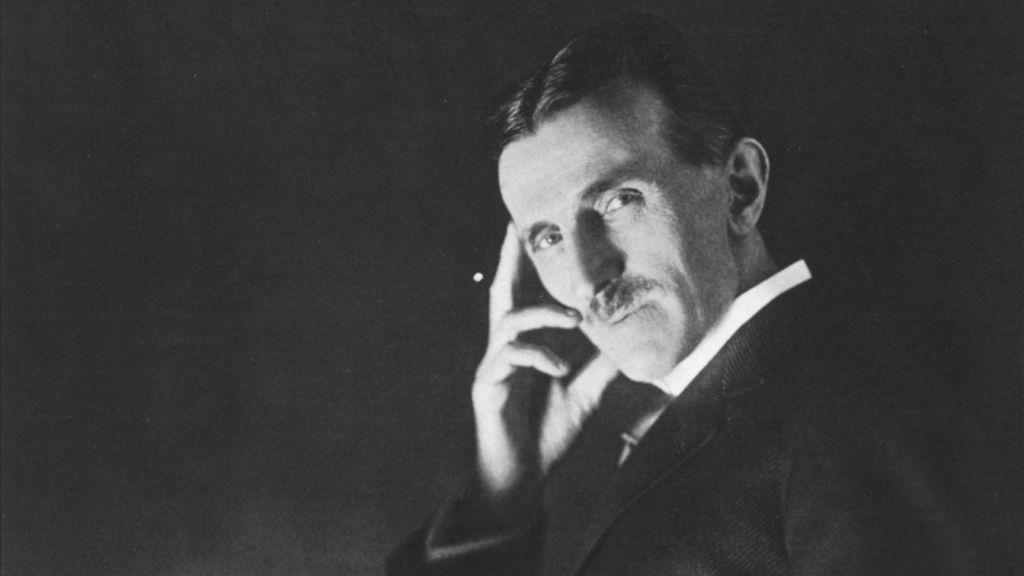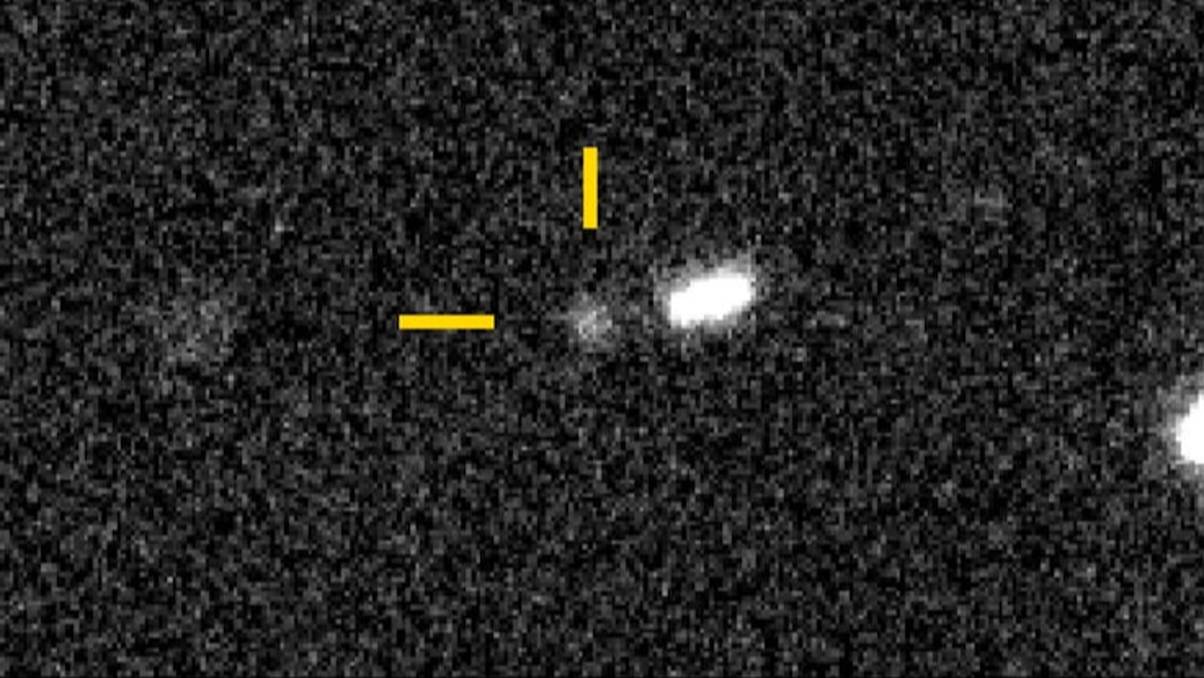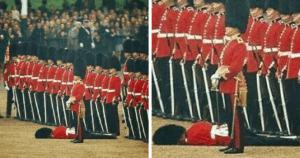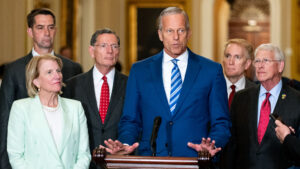“Unveiling the Visionaries: Meet 14 Historical Figures Whose Revolutionary Ideas Shook the Foundations of Their Eras”
Though her ideas faced fierce criticism, they inspired future feminist movements and thinkers like Virginia Woolf. Today, Wollstonecraft is celebrated as a pioneer of women’s rights and an advocate for social progress.
4. Galileo Galilei


Galileo’s telescopic observations and support for heliocentrism, that the Earth orbits the sun, put him at odds with the Catholic Church. In the 17th century, challenging the geocentric model wasn’t just controversial, it was heretical.
Despite facing house arrest for his beliefs, Galileo’s discoveries about planetary motion and gravity became the cornerstone of modern astronomy. His determination to follow evidence, even at great personal risk, earned him the title “father of modern science.”
5. Alan Turing


Alan Turing’s work during World War II didn’t just crack the Enigma code, it changed the course of computing forever. His concept of a “universal machine” became the blueprint for modern computers.
Turing’s life was tragically cut short due to persecution for his sexuality, but his contributions to artificial intelligence and cryptography remain vital to today’s technological advancements. Decades later, Turing is recognized as one of the greatest minds of the 20th century.
6. Ada Lovelace


Before there were computers, there was Ada Lovelace. In the mid-1800s, she collaborated with Charles Babbage on his Analytical Engine, outlining algorithms that are now considered the first form of programming.













